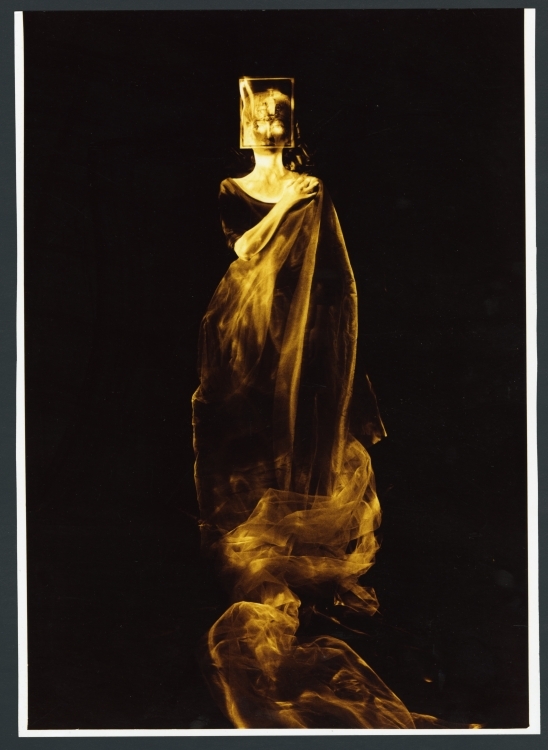Carlota: The Unfinished Opera
Robert Avalon was working on his most ambitious musical project, Carlota, when he tragically passed away. This work encompassed over 14 years, during which the composer brought together artists, writers, librettists, and organizations to work on the realization of this opera, including Houston poet Norma Carillo, artist James Surls, and French photographer Rene Sultra. The Multicultural Education and Counseling Through the Arts or MECA was the place where Avalon would rehearse and demonstrate the progress of this work.
The composer conceived this work as a symbolic reflection of social and spiritual conflict. As the composer had related in program notes about Carlota:
"The opera depicts a journey of Carlota's soul as she experiences doubt, revelation, and ecstasy. Reflecting on the limitation of human reason, she discovers the great tragic Aztec god Quetzalcoatl, who she imagines to be her rightful husband and by whom she has an immaculately conceived child. Her
devout Catholicism at first revolts against, then finally merges with the ancient indigenous beliefs of Mexico."
The collection at Rice University's Woodson Research Center reveals a trove of musical materials, sketches, libretti, reviews, and ideas the composer was working on until his untimely death.

